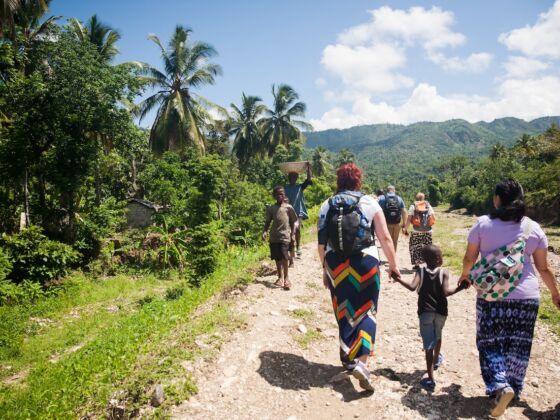This is part of the “Places That Changed Us” series, a compilation of 20 trips that have had a lasting impact on the Matador Network team. To see the other 19 places, click here.
Haiti is rarely considered a must-visit Caribbean destination. For many, the country is a reminder of tragedy — a place defined by headlines about natural disasters or political unrest. On January 12, 2010, a devastating earthquake leveled the capital, Port-au-Prince, claiming over 300,000 lives and displacing millions. With a third of the population left homeless and an infrastructure already strained by corruption and limited resources, Haiti was thrust into a prolonged state of crisis.
